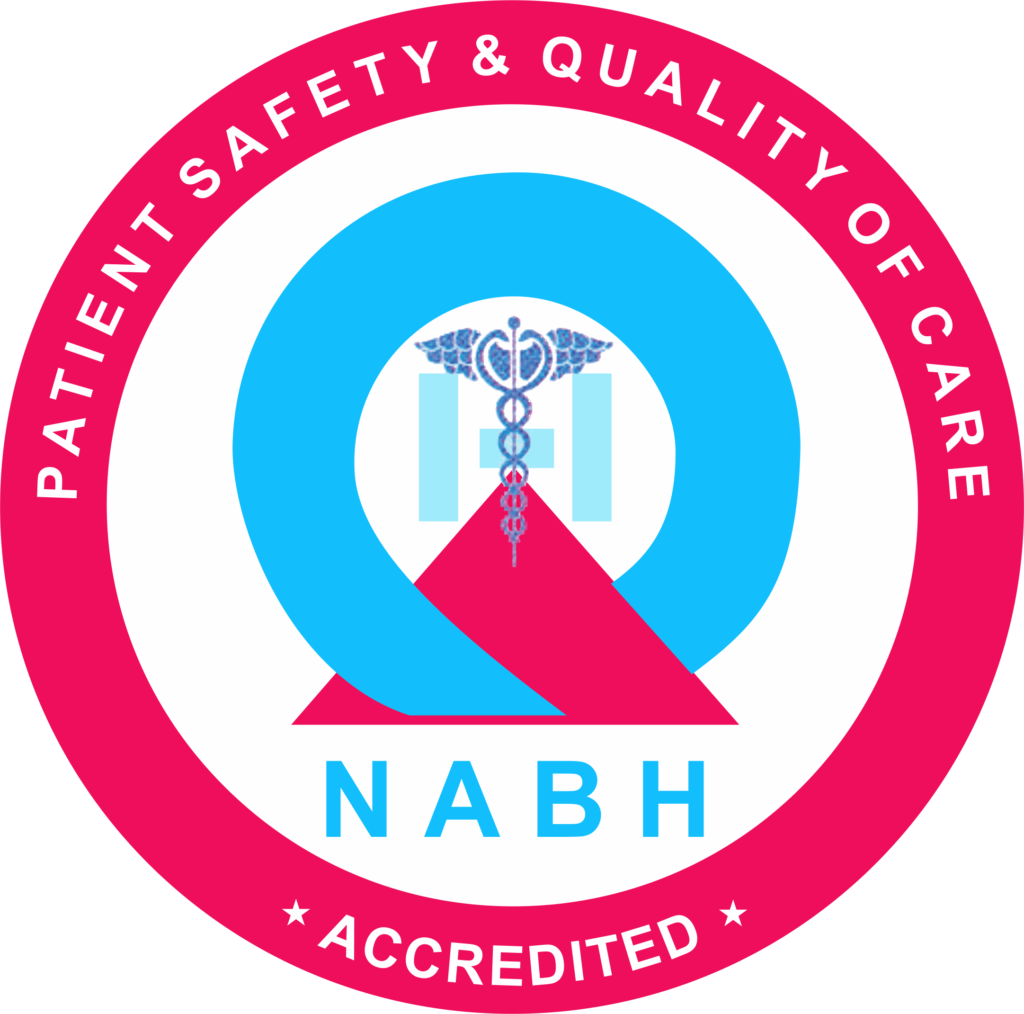A Comprehensive Guide to Phacoemulsification Fellowship
In this advancing field of ophthalmology, staying updated with the latest surgical techniques is crucial. One such technique, phacoemulsification, has revolutionized cataract surgery, making it less invasive and more effective. To master this technique, many ophthalmologists pursue a phacoemulsification fellowship. This specialized training not only enhances surgical skills but also opens up numerous career opportunities.
What is a Phacoemulsification Fellowship?
A phacoemulsification fellowship is an advanced training program designed for ophthalmologists who wish to specialize in cataract surgery. This fellowship focuses on the phacoemulsification technique, where an ultrasonic device is used to break up and remove a cloudy lens from the eye. The training involves hands-on surgical experience, theoretical learning, and mentorship from experienced surgeons.
Benefits of a Phacoemulsification Fellowship
Enhanced Surgical Skills
The primary benefit of a phacoemulsification fellowship is the significant improvement in surgical skills. Fellows gain extensive hands-on experience under the supervision of seasoned ophthalmologists. This practical training ensures that they are well-versed in the latest techniques and technologies used in cataract surgery.
Career Advancement
Completing a fellowship in phacoemulsification can significantly boost an ophthalmologist’s career. It demonstrates a high level of expertise and commitment to continuous learning. Many hospitals and clinics prefer hiring specialists with fellowship training, making it easier to secure prestigious positions.
Networking Opportunities
During the fellowship, participants get the chance to network with leading professionals in the field. These connections can be invaluable for future collaborations, research opportunities, and career advancements.
Access to Cutting-Edge Technology
Fellowship programs are often conducted in well-equipped hospitals and clinics. This provides fellows with the opportunity to work with the latest surgical instruments and technology, ensuring they are at the forefront of modern ophthalmic practices.
The Application Process
Applying for a phacoemulsification fellowship typically involves several steps. It’s essential to prepare thoroughly to increase your chances of acceptance.
Research Programs
Begin by researching various fellowship programs. Look for those that align with your career goals and offer comprehensive training. Websites of renowned hospitals, such as Dhir Hospital, can provide detailed information about their fellowship programs.
Prepare Your Documents
Most programs require a detailed application form, a current CV, letters of recommendation, and a personal statement. Ensure that your documents highlight your previous experience, skills, and reasons for pursuing the fellowship.
Interview Process
Shortlisted candidates are usually invited for an interview. This is an opportunity to demonstrate your knowledge, passion, and suitability for the program. Prepare by reviewing common interview questions and practicing your responses.
What to Expect During the Fellowship
A phacoemulsification fellowship typically lasts for one to two years, depending on the program. Here’s what you can expect during this period:
Intensive Training
The fellowship involves rigorous training in phacoemulsification techniques. You will perform numerous surgeries under the guidance of experienced mentors, gradually taking on more complex cases as your skills improve.
Theoretical Learning
In addition to practical training, fellows participate in lectures, seminars, and workshops. These sessions cover the latest research, advancements in technology, and best practices in cataract surgery.
Case Studies and Research
Many fellowship programs encourage or require fellows to engage in research. This can involve conducting case studies, publishing papers, or presenting findings at conferences. Research experience enhances your understanding of phacoemulsification and contributes to the field of ophthalmology.
Patient Interaction
Fellows also gain valuable experience in patient management. This includes preoperative assessments, postoperative care, and managing complications. Effective communication with patients is crucial for successful outcomes and patient satisfaction.
Challenges and Rewards
While a phacoemulsification fellowship is demanding, the rewards are immense. The intensive training requires dedication, long hours, and a commitment to continuous learning. However, the skills and knowledge gained during the fellowship are invaluable. Graduates emerge as highly skilled surgeons, ready to make a significant impact in the field of ophthalmology.
Conclusion
A phacoemulsification fellowship is an excellent opportunity for ophthalmologists to advance their careers and enhance their surgical expertise. The comprehensive training, hands-on experience, and access to cutting-edge technology prepare fellows to excel in cataract surgery. If you are passionate about improving your skills and making a difference in patients’ lives, pursuing a phacoemulsification fellowship could be the perfect next step in your career.










